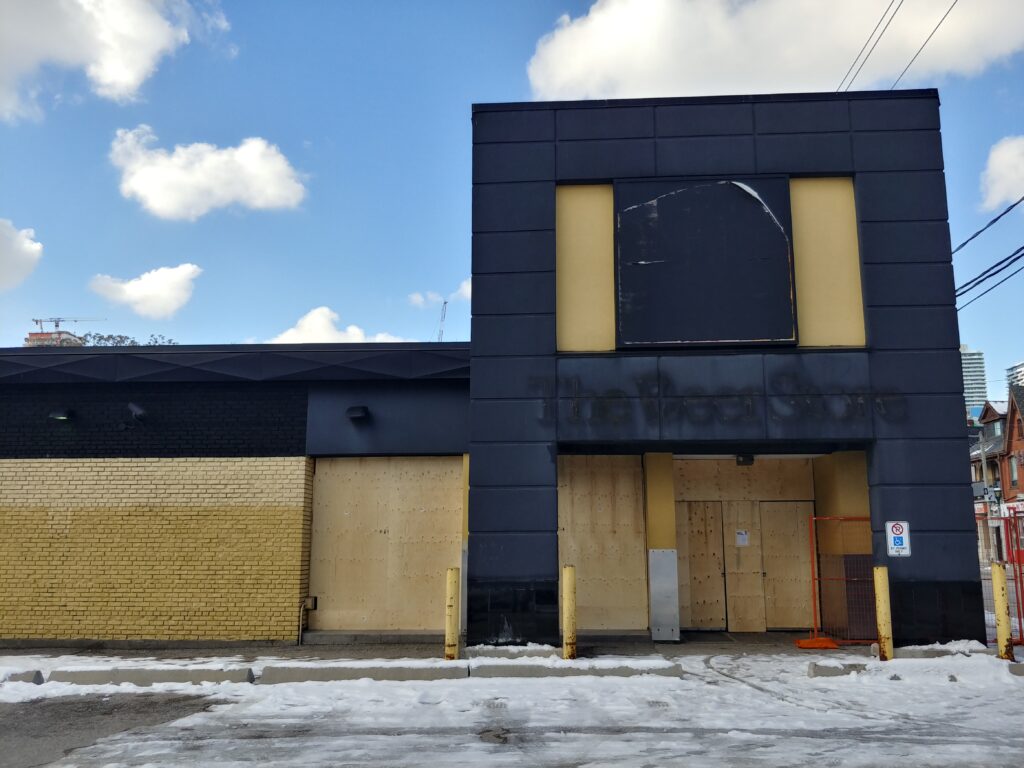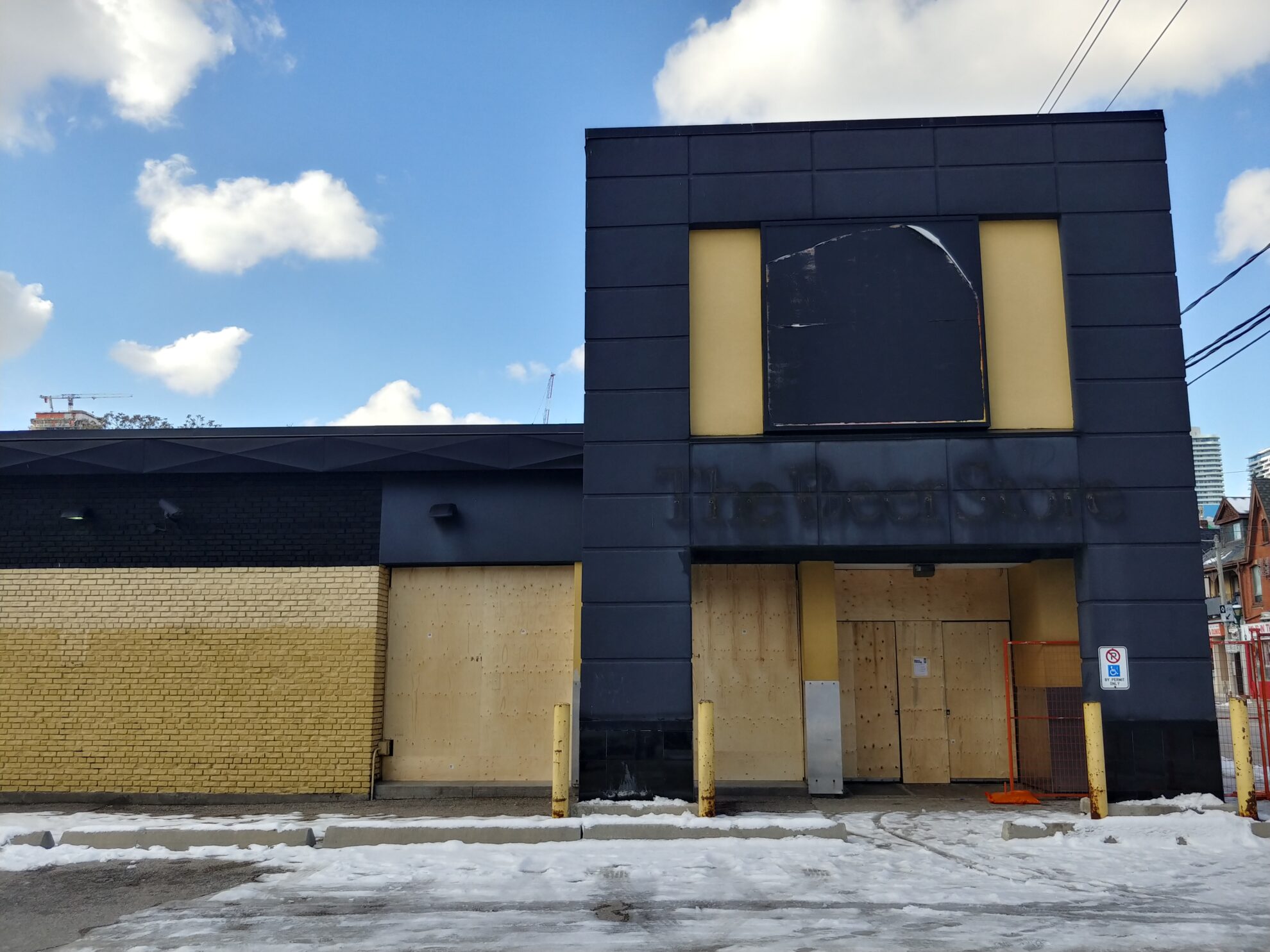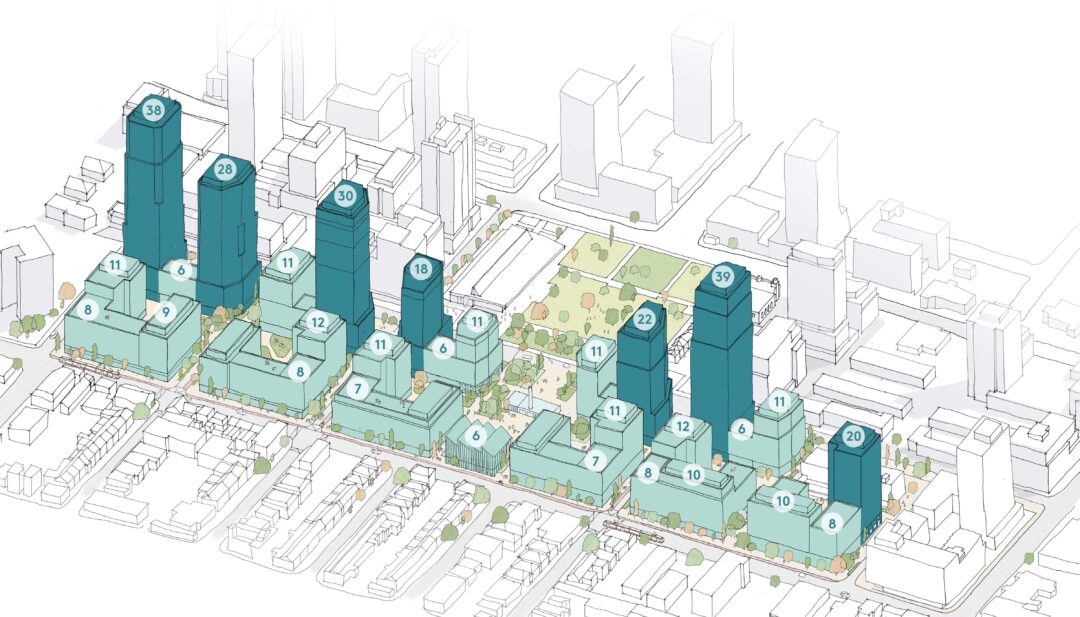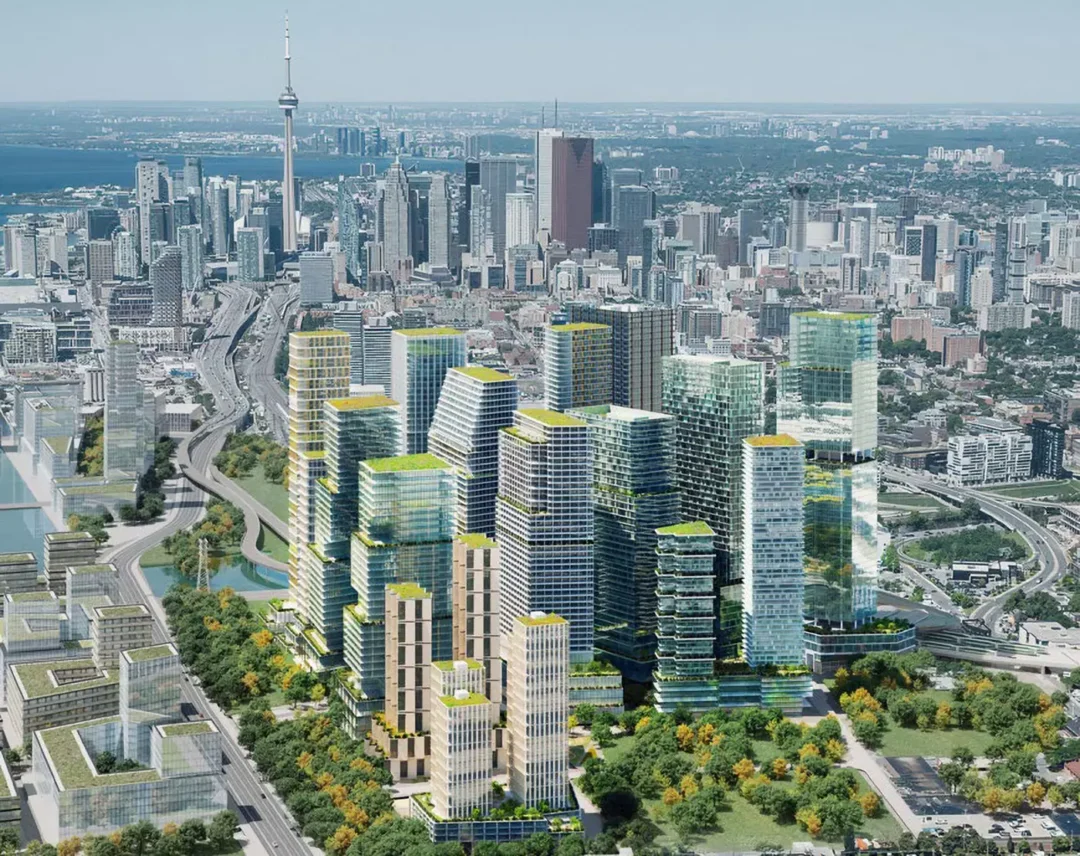By Daysha Loppie –
I remember full beer bottles clinking in Labatt Blue boxes as they rolled down The Beer Store’s metal conveyor belt. I used to get coins to keep in my pocket if my mom made enough from returning empty bottles.
The Beer Store is more than a nostalgic childhood memory; for some, it is a main source of income. The Beer Store runs the Ontario Deposit Return Program for the province. The container deposit paid when purchasing alcohol in Ontario – including from LCBOs – is paid back when the empties are returned.
Since the program depends on physical store locations, the loss of several return outlets around Toronto to condominium redevelopment will be another blow to low-income people who collect bottles to earn revenue.
The Beer Store has accepted empty beer bottles since it was founded in 1927 after Ontario lifted its prohibition on alcohol. Since 2007, the privately owned chain of retail outlets also refunds deposits for wine and spirit bottles. Customers receive ten cents for glass, Tetra Pak and plastic containers of less than 631 millilitres (including most beer bottles and wine and spirit half-bottles), and cans of up to one litre. Containers of more than 630 ml and cans larger than a litre can get you twenty cents back.
That may not seem like a lot – especially since the container deposit has remained static – but it means something to people who need the money. Sometimes people bring grocery carts full of beer cans and bottles. In March 2022, The Beer Store announced the return of the five billionth container.
While increasing recycling rates in Ontario, the program helps people who have few options to earn income.
But The Beer Store has been in trouble in recent years. The LCBO sells beer, wine and spirits, and the Ontario government permitted grocery stores to sell beer in 2015. In 2018 The Beer Store announced an $18.1 million revenue loss. In 2019 the Ford government wanted to end its agreement with The Beer Store making it the sole seller of beer in bulk but was dissuaded by the cost of termination several years early. The same year, the company saw a $46.5 million operating loss.

In 2020, The Beer Store had an operating loss of $50.7 million. This same year saw the onset of the pandemic and the legalisation of the sale of alcohol by bars and restaurants for takeout or delivery. That legislation has since become permanent, and the government still intends to expand alcohol sales to other retail outlets.
Perhaps this is why The Beer Store is selling off locations to real estate redevelopers. So far, 227 Gerrard Street East, 452 Bathurst Street and 28 River Street have been sold. The large store at 500 Dupont Street has been demolished, to be replaced by a boutique in a condo under construction.
Some media outlets have covered these losses but focused on the redevelopments rather than the communities that depend on the stores and the return program. BlogTO describes the Bathurst Street redevelopment as cultivating “new opportunities for life” by getting rid of The Beer Store’s “ugly surface.”
But with the stores gone, so is access to the Ontario Deposit Return Program.
Of course, not all Beer Store locations will be sold. Some are being revamped to serve different demographics. On Mill Street, in the condo community of the Distillery District, is The Beer Store Boutique. In Liberty Village, where The Beer Store opened the first of these new shops, Toronto Life described the store as having “trendy touches like high exposed ceilings.”
The return program may still run at these locations, but their design is clearly meant to serve a customer base other than the people who earn income by returning empties for cash.
What can we do? For starters, let’s not legitimize the harm caused by condominium redevelopments or stigmatise people who return empties to make money. We should support our neighbours as they try to survive in this ever-changing city.




